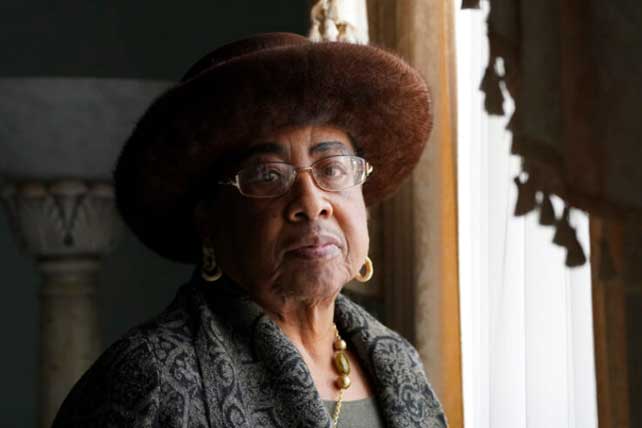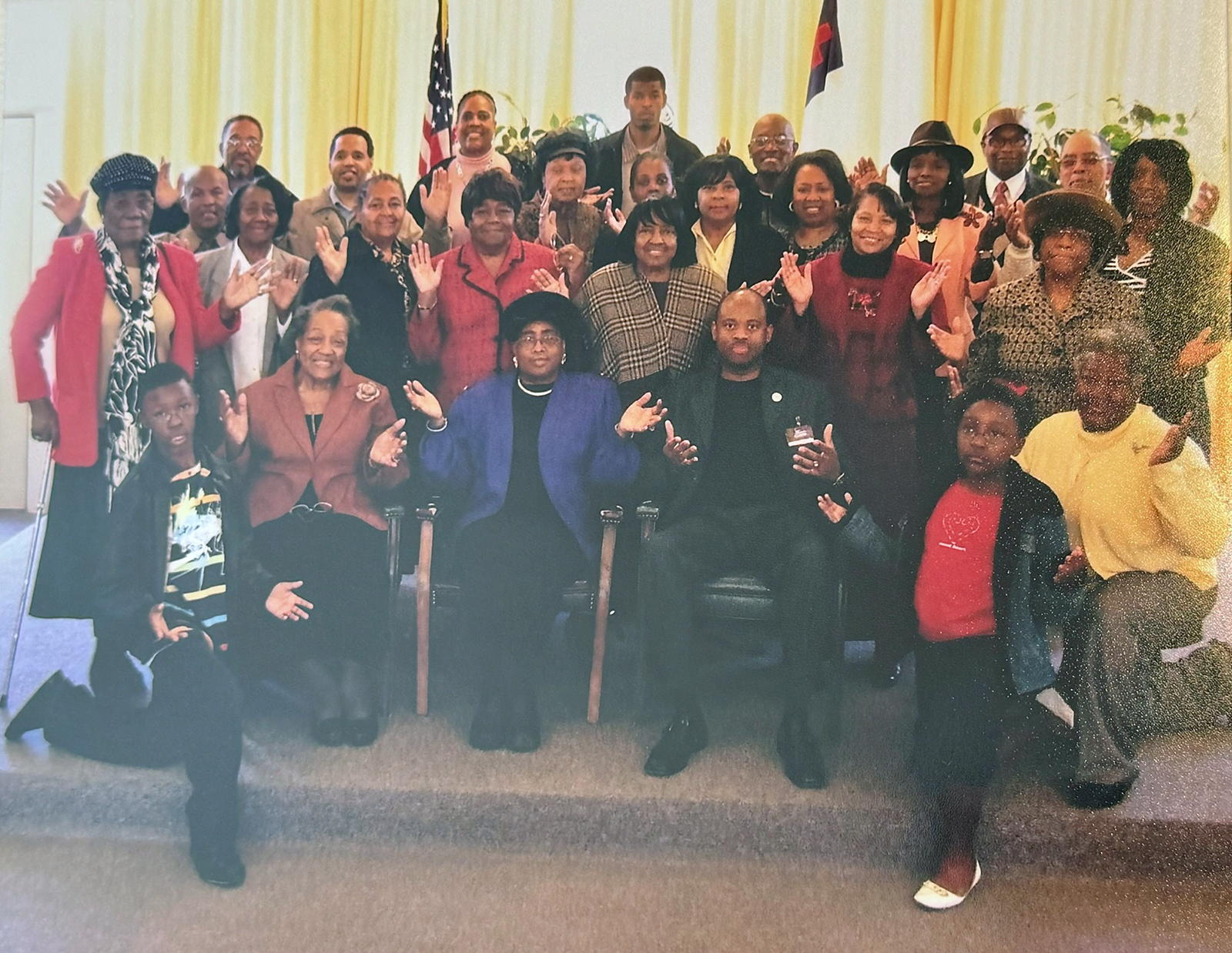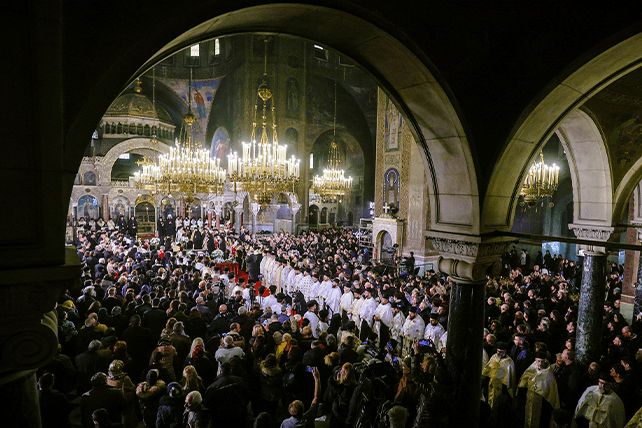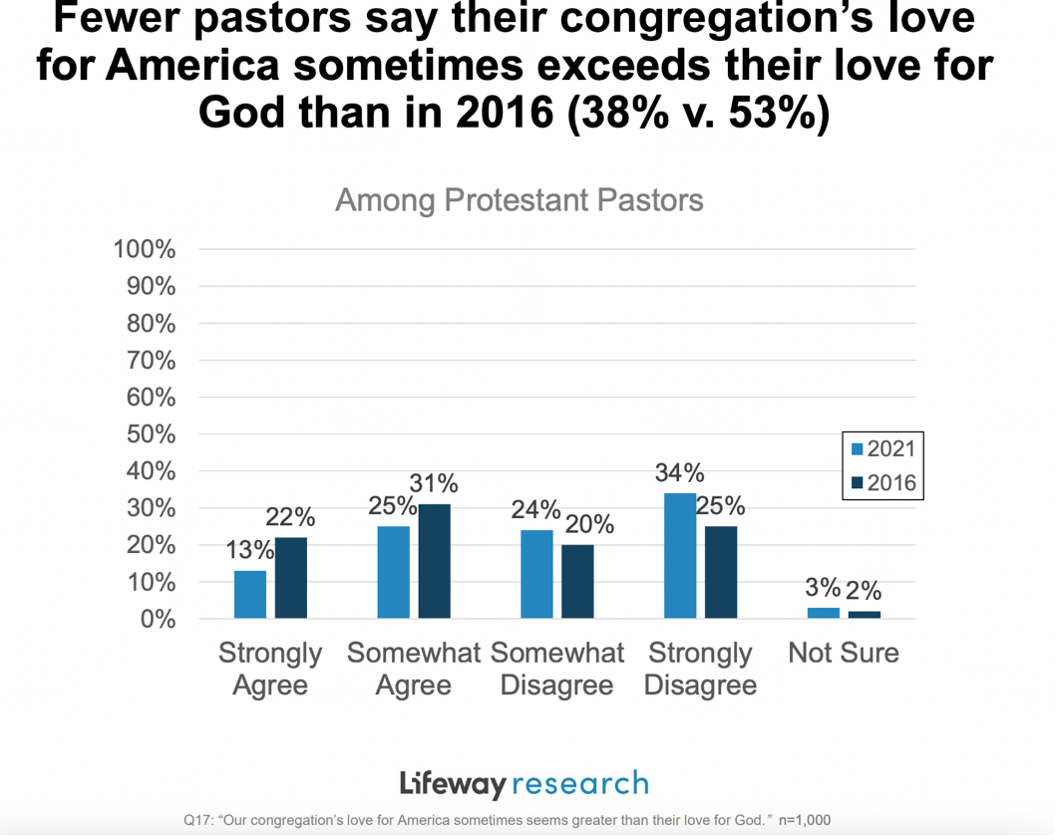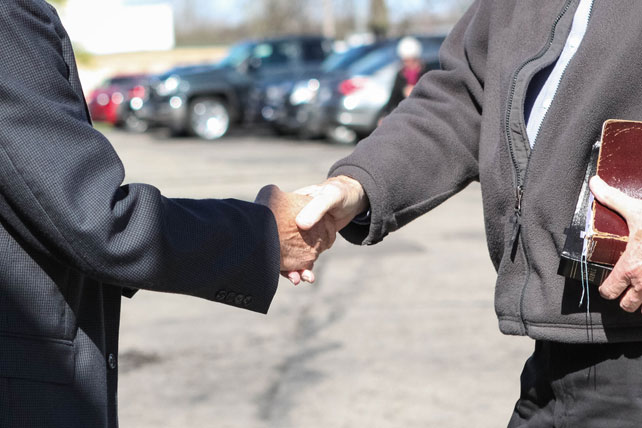Perhaps no technical leader faces more challenges on any given Sunday morning than the Sound Tech. Running worship sound has demands on all sides: an ear to the Pastor (the real head Sound Tech), an ear to the worship leader/band, and an ear to the Holy Spirit, this role requires a saint, a sound technician, and a servant – all wrapped up in one. Gleaned from some of the most skilled and great-hearted Worship Sound Techs I know, here are 10 Best Practices For Worship Sound Techs.
Worship is a dynamic environment in which God is meeting with people, and people are meeting with God. For that reason alone, the Worship Sound Tech must take their place – with active attention – among the worship leadership influencers in the room. [Note: In the age of digital boards, some things have gotten easier when running sound. With the push of a button, levels can be set. If you’re on a digital board, some of the following technical elements may not apply.]
10 Best Practices for Worship Sound Techs
1. Ride The Faders (Or, Never Set And Forget)
The worship environment is not a static environment, in which one can set all the levels then kick back in the booth. It is dynamic, and riding the faders as well as monitoring the congregation is a necessity for effective sound leadership. Imagine you are the conductor in an orchestra, and now that piano is highlighted as the band drops out, or a sweet violin solo now lifts from the music and is to stand out. Conduct, ride the faders, and make your sound work a dynamic ministry. You can help the band create dynamics. This verse is true about sound, and how it reinforces the message being shared: “… the Holy Spirit came on all who heard the message.” (Acts 10:44, NIV).
Great, dynamic sound leadership can greatly enhance the effective hearing of the message, sung, spoken, visually expressed. or otherwise communicated.
2. Gain A Respect For Gain
Ever been in a hurry to get “sound done” and ignored getting all your gain levels right? Stop. Before everything gets going, set the right gain for each mic and instrument set. A friend of mine says, “I’ve seen gains change between shutdown on Saturday night and startup on sunday, even though nothing has changed on stage. If you don’t get the gain right, you’ll be fighting the levels all through the service.”
This may mean showing up early, getting yourself together, and being ready to go when rehearsal or soundcheck starts. Hustling at the last minute causes us to miss things.
3. Serve The Pastor, The Worship Leader, The Musicians, And The Congregation
There are no two ways around it; a Worship Sound Tech must be a servant to all, carrying skill and technical ability in one hand, and a real, living relationship with Jesus in the other. That combination creates Sound Techs who are asking how they can serve better, rather than insecure leaders pushing to get their way because people are acting like they know better. I’ve always told my Sound Team over the years that the Senior Pastor is the ultimately the Lead Sound Tech, and then the Lead Worship Leader (or someone they’ve assigned to oversee it). Why? At the end of the day, you and I will go home after the “event” – and the Pastor (and the worship leader to some degree) will have to deal with the effects of the experience – church growth, church shrinkage, people’s connection or lack of connection with the church. If the Pastor says, “Please turn that down,” or “please turn that instrument up,” or “please raise the volume and energy level in the room,” find a way to do it rather than resisting. It’s just good honor – and even if they’re wrong, it will come back as a blessing later.











